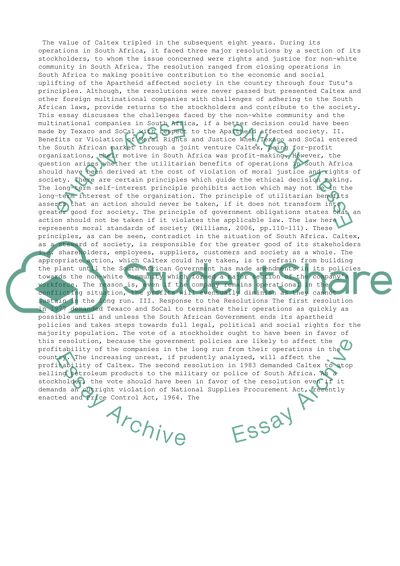Cite this document
(“A South African Investment Paper Essay Example | Topics and Well Written Essays - 1000 words”, n.d.)
A South African Investment Paper Essay Example | Topics and Well Written Essays - 1000 words. Retrieved from https://studentshare.org/management/1441944-case-study
A South African Investment Paper Essay Example | Topics and Well Written Essays - 1000 words. Retrieved from https://studentshare.org/management/1441944-case-study
(A South African Investment Paper Essay Example | Topics and Well Written Essays - 1000 Words)
A South African Investment Paper Essay Example | Topics and Well Written Essays - 1000 Words. https://studentshare.org/management/1441944-case-study.
A South African Investment Paper Essay Example | Topics and Well Written Essays - 1000 Words. https://studentshare.org/management/1441944-case-study.
“A South African Investment Paper Essay Example | Topics and Well Written Essays - 1000 Words”, n.d. https://studentshare.org/management/1441944-case-study.


